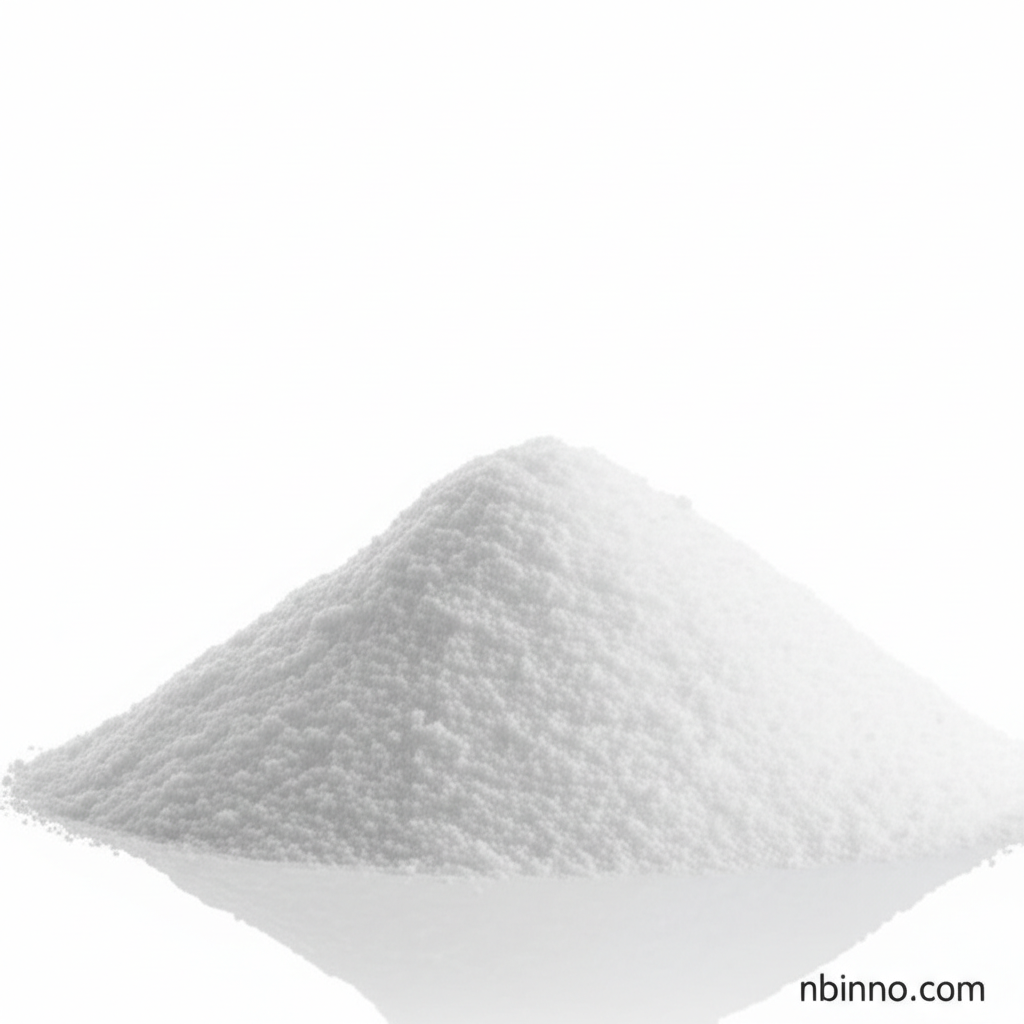Tartaric Acid: A Comprehensive Guide to its Properties, Applications, and Industrial Uses
Discover the versatile nature of Tartaric Acid, a vital organic compound with widespread applications in food, pharmaceuticals, and industry.
Get a Quote & SampleProduct Core Value

Tartaric Acid
Tartaric Acid is a naturally occurring organic acid with a significant role in various sectors. Its distinctive sour taste and antioxidant properties make it a valuable food additive, while its chemical structure lends itself to diverse industrial processes and pharmaceutical applications. This comprehensive overview delves into its chemical characteristics, production methods, and the broad spectrum of its uses.
- Explore the tartaric acid uses in food industry, from imparting a sharp flavor to acting as a leavening agent in baking powder.
- Understand the tartaric acid chemical properties, including its stereoisomers, which are crucial for its specific functions.
- Learn about tartaric acid industrial applications, such as its effectiveness in metal cleaning and its role in dyeing processes.
- Discover the tartaric acid production from wine by-products, showcasing its sustainable sourcing from natural fermentation processes.
Key Advantages of Tartaric Acid
Versatile Food Applications
As a key food additive, Tartaric Acid enhances flavor and texture in beverages, confectionery, and baked goods. Its role as an acidulant and antioxidant is vital for product preservation and quality.
Industrial Utility
The efficacy of tartaric acid industrial applications, particularly in metal cleaning and polishing, highlights its utility beyond the food sector. It also serves as a mordant in textile dyeing.
Pharmaceutical Relevance
In the realm of pharmaceuticals, Tartaric Acid is utilized in formulating effervescent salts and enhancing the palatability of medications, showcasing its importance as a pharmaceutical intermediate.
Key Applications
Food Industry
As a primary acidulant, Tartaric Acid provides a sharp, sour taste. It's also used as an antioxidant and a leavening agent in combination with baking soda, making it indispensable for products like candies, jellies, and baked goods.
Industrial Cleaning
Leveraging its chelating properties, Tartaric Acid is effective for cleaning and polishing metal surfaces, particularly aluminum and copper, making it a key component in industrial cleaning solutions.
Pharmaceuticals
It serves as an excipient in the pharmaceutical industry, aiding in the creation of effervescent formulations and improving the taste of oral medications.
Baking and Confectionery
Crucial for recipes requiring a leavening reaction, such as in baking powder, and for providing tartness in candies and frostings, demonstrating its versatile tartaric acid for baking powder use.
